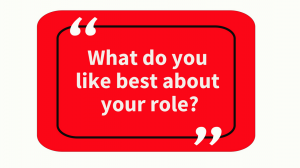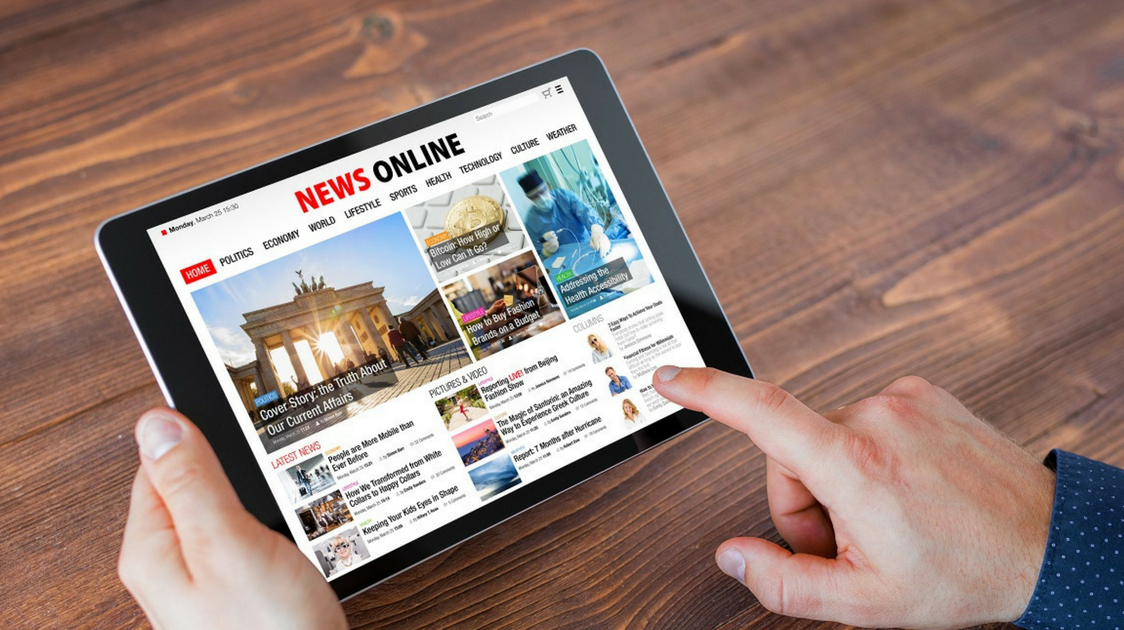Supporting remote workers: just because they’re not seen, doesn’t mean they shouldn’t be heard

A guest post written by Susy Roberts of Hunter Roberts
With a quarter of a million more people working from home than a decade ago, responsible employers need to ensure that the wellbeing of their remote workforce is taken care of. And although the common perception of homeworking is one of lazily wandering downstairs to work in pyjamas in front of the TV, the reality is often very different. In an increasingly ‘always on’ global culture, remote workers – particularly those in senior and leadership positions – are in danger of being constantly on call and burning out.
A flexible and remote-working policy can only work if there is investment into the technology to ensure communication is maintained. It’s not enough to simply install faster broadband, hand out a mobile phone and expect things to carry on as normal – a whole new culture has to be developed.
Out of sight is not out of mind
When it comes to remote or flexible working, there are often two extremes – it’s either out of sight and out of mind, or a culture of suspicion and coming down on hard on assumed skiving. Neither of these attitudes will encourage productivity or mental and physical wellbeing.
Whether in the office or elsewhere, a happy and productive PR team, from account exec to senior director – is one that is communicated with regularly. Any flexible or remote working strategy must be supported with interconnectivity tools and regular face to face contact to ensure that employees are able to communicate effectively, with each other and with their line managers.
Invest in health
It’s an investment, but without it it’s a false economy. The business advantages of encouraging flexible working – a reduction in real-estate costs being a major one – can only be sustained if some of those savings are channelled into the infrastructure that allows employees to communicate effectively. Without it, no amount of healthy-living schemes will have an impact.
The Institute of Occupational Medicine found that 64% of remote and mobile workers had mental health above the level defined as psychological distress. They also displayed higher levels of general health symptoms, chronic fatigue, and neck, shoulder and back symptoms. These symptoms were associated with longer working hours, high psychological demands, low decision authority, conflicts, job insecurity, unclear roles and role conflicts.
If employees display signs of poor physical or mental health, remote working should be temporarily suspended so they can work closely with line managers and receive support for their issues.
Schedule regular meetings
For this reason, ‘remote’ shouldn’t mean ‘cut off’. The answer lies in encouraging supportive management and regular contact with colleagues. An effective way of managing flexible working is to plan one day a week when key team members are in the office together, and use those days for face-to-face meetings with other team members working on common accounts as well as the clients themselves.
This requires an element of planning across the organisation to ensure relevant team members are in the office together and meetings planned accordingly, but giving one person or team – perhaps an enthusiastic account exec – responsibility for logistics can ensure employees across the organisation work productively and maintain contact with line managers, colleagues, clients and stakeholders.
Trust your team
Trust must be the default – managers who assume remote workers are ‘skiving’ unless they can see they’re logged in create toxic relationships, which leads to ill health and poor performance.
Unless the remote worker’s position requires them to be logged in to be actively fulfilling their role – managing social media and websites, for example – ‘being productive’ doesn’t necessarily mean ‘being online’. Creative workers may spend a lot of time exploring themes and concepts, which could mean anything from hours browsing Pinterest to a long walk in the park. Regular contact, one-to-one meetings at least once a month and positive management are enough to highlight any issues with productivity.
Develop your talent
Whether the remote worker is a new mum returning to a management role part-time, or a creative genius based in a different country, their lack of presence in the workplace shouldn’t mean they’re overlooked for team training or personal development.
Workplace-based team members who vocally and enthusiastically take part in every meeting and go to every out-of-hours function aren’t necessarily the most talented. Any performance management programme should take into account remote workers and ensure they’re included in assessments and development programmes. Excluding them – whether intentionally or not – can not only mean they quickly become frustrated with their lack of progress, but you could also exclude – and even lose – the most talented members of your team who are ripe for progression.
Remote working is not simply a tick-box exercise in social responsibility or an easy way to keep costs down. Those who perform the majority of their roles away from the usual workplace are as valid as every other member of the team, and should feel just as valued. Remind people to take care of themselves – don’t lecture. Encourage conversations about mental and physical health – don’t judge. And, above all, communicate – don’t dictate. Remote and flexible working should focus on support: ask ‘how can we make this better for our employees?’ Not, ‘how can we make this easier for ourselves?’
About the Author
 Since establishing Hunter Roberts over 10 years ago, Susy Roberts has repeatedly demonstrated her ability to improve the commercial performance of organisations – by helping leaders, senior executives and HR professionals to get employees to think and act in new ways that drive the business forward.
Since establishing Hunter Roberts over 10 years ago, Susy Roberts has repeatedly demonstrated her ability to improve the commercial performance of organisations – by helping leaders, senior executives and HR professionals to get employees to think and act in new ways that drive the business forward.
A fully accredited business coach and Fellow of the Chartered Institute of Personnel and Development (FCIPD), Susy has become internationally renowned for her ability to work with luxury brands such as Gleneagles, Four Seasons, Dunhill and Louis Vuitton.
Twitter – @hunterrobertsHR
LinkedIn – https://www.linkedin.com/in/susyroberts/




